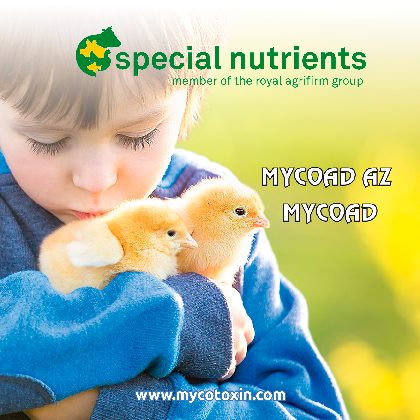

Hosted by the Government of Sri Lanka in Colombo, the conference marked the 37th Session of the FAO Regional Conference for Asia and the Pacific. It was the first of its kind since the onset of the COVID-19 pandemic. Recognizing the ongoing impacts of the pandemic on food supply chains alongside the looming uncertainties of climate change, delegates underscored the urgency of transforming agrifood systems to meet the primary goal of securing food for current and future generations.
Sustainable Aquaculture for Food Security
One of the key discussions centered on the importance of sustainable aquaculture in the region. With Asia-Pacific already accounting for 70% of the world’s production of aquatic foods, the conference emphasized the potential of aquaculture to significantly contribute to food security, nutrition, and local livelihoods.
Welcoming the Blue Transformation
Looking forward, the conference welcomed the FAO’s Blue Transformation roadmap, designed to guide efforts in aquatic food systems until 2030. This roadmap focuses on sustainable intensification of aquaculture, management of capture fisheries, and the enhancement of value chains while ensuring social, economic, and environmental sustainability.
Strategic Collaboration for Action
To support the implementation of this vision, the FAO collaborated with various stakeholders to develop a white paper tailored to the Asia-Pacific region, aligning strategies with the goals of the Blue Transformation roadmap.
Key targets for 2030 include expanding global aquaculture by at least 35% and fostering skilled employment opportunities for both men and women in the sector. To drive innovation and investment in the aquaculture industry, the FAO is exploring partnerships with governmental, non-governmental, and private sector entities.
Building Resilient SystemsÂ
In conclusion, the recent meeting underscored the critical need for transformative action in agrifood systems to ensure food security in the face of climate change. With concerted efforts and strategic initiatives like the Blue Transformation roadmap, stakeholders aim to build resilient and sustainable food systems capable of meeting the needs of current and future generations.
